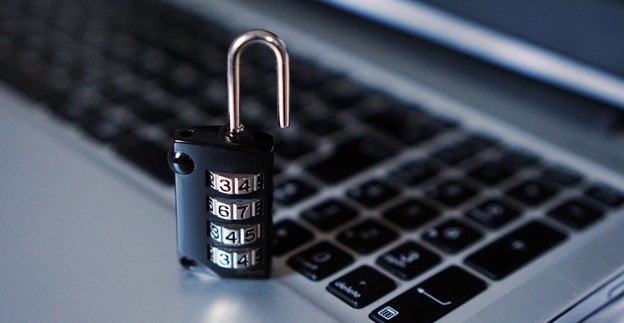Alas, transitioning from the traditional office-based setup isn’t as neat and simple as we’d all like it to be. All the vital ingredients are there — robust internet infrastructure, affordable high-power computers, adequate tech skills — but there are plenty of other elements that make it complicated.
Most notably, there’s the matter of training. The fact that the average worker can use a laptop fairly competently doesn’t say anything about their overall ability to handle remote working. If you’re running a remote business, then, training should be one of your top priorities. Making your company among the best at maximizing remote productivity will give you a huge boost.
But what should you focus on? Typing speed? Online communication? Time management? Avoiding distractions? Those are all worthwhile avenues, but I suggest you start with something else: namely cyber security. Here’s why you need to treat it as a high-priority training topic:
Protecting client data is a mission-critical concern
One of the core advantages of working from a fixed location was being able to rely on internal networks with physical security. In other words, anyone who wanted to fraudulently access some files would first need to reach the server room — and since that’s quite an inconvenience, it meant that most companies weren’t sufficiently important or profitable to warrant that effort.
Now that everything is handled online, though, potential fraudsters can attack any businesses they happen upon — and while physical intrusions are easy to spot (broken windows, etc.), system intrusions can go entirely unnoticed if handled delicately. That means that a company can have a substantial data leak for weeks or months on end.
Those accessing that data will of course have options. Blackmail is one, demanding payment to refrain from releasing it to the public. If it gets out, the clients will be furious, and the company’s reputation will collapse. Another is selling the data to a competitor, allowing it to steal ideas and gain a significant advantage. You can read more about these options at WeLiveSecurity — and if you want to steer clear of them, it’s essential to keep client data from leaking.
Maintaining Full Control Over your Systems is Essential
For businesses that are increasingly reliant on remote workers, identity governance and administration can be a vital tool for keeping data secure. By managing and controlling access to corporate systems and data, businesses can ensure that only authorized users have access to sensitive information. Furthermore, identity governance and administration can help to monitor user activity and detect suspicious behavior. In the event of a security breach, identity governance and administration can also help businesses to quickly lock down systems and prevent unauthorized access. As a result, identity governance and administration can play a key role in protecting the data of remote businesses."
Regulations can lead to legal issues even if no data is leaked
What if you have a vulnerable system but no one ever takes advantage of it? Doesn’t that make it alright? It’s akin to leaving your door unlocked when you live in a safe area. It would be a bad move in other circumstances, but not in that scenario. Unfortunately, things don’t work that way when it comes to cyber security. Due to legal regulations, companies are obliged to take security precautions even if it’s tremendously unlikely that they’ll ever be attacked.
There are two parts to this process: strengthening systems, and training employees. The first typically involves hiring a company like Edge Cyber Security (one of many penetration testing companies in the UK) to probe your entire online presence for weaknesses. Once that’s done, you can take the results and action suitable improvements.
The second involves ensuring that human error doesn’t undermine all that systematic effort. Is that really so important? It’s common to assume that systems are now so secure that they’re essentially foolproof, but that’s highly optimistic. No system is foolproof, as we’ll explore next.
Every employee represents a point of potential vulnerability
A chain is only as strong as its weakest link, and every employee in a business presents a fresh weakness. Consider passwords, for instance. You can deploy a hyper-secure system with up-to-date anti-fraud measures and powerful encryption, but it has to be accessible to your employees or it won’t be fit for purpose, and that means having straightforward access.
If you provide that access through passwords, then there’s only so much you can do to make them secure. Even if you set a minimum level of complexity, require them to be changed on a regular basis, and lean on a password management system like LastPass, vulnerability only takes one employee to display their current password on a post-it note in a shared working space or leave their logged-in laptop unattended in a cafe.
Accordingly, you need to do everything you can to teach every employee about how important security is and how they can act responsibly. You don’t need everyone to be a security expert, of course, and that’s never going to happen. It’s all about having sensible processes in place, and confirming that everyone is complying — and that all requires training.






